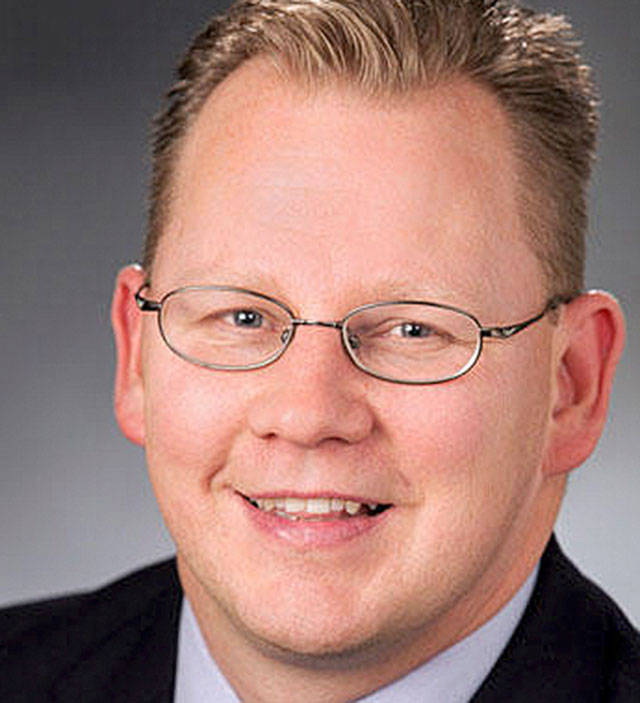Superintendent of Public Instruction Chris Reykdal plans to introduce proposed legislation within the next few days that would provide school districts more funding flexibility.
The proposed bill would make changes to House Bill 2242, which the Legislature passed in 2017.
“The bill made substantial changes to school finance in addition to making some much needed targeted investments in some areas,” Reykdal said in a Wednesday news release. “We appreciate the hard work of policymakers to produce these significant changes.
“However, I’ve spoken to many school district leaders since the bill passed. They’ve noted that the bill needs some fine-tuning so they can implement the policies as intended by lawmakers.”
One area that concerns some districts is the loss of flexible funds to support students.
“The changes benefit most, but some districts are struggling to adequately provide programs that are not considered basic education,” Reykdal said. In the past, districts could make up deficits in state funding through local levies. But in addition to increasing education funding, the Legislature reduced the amount of money school districts can raise through local levies. That leaves some districts in a bind.
“To solve this problem, districts need more funding and they need more flexibility in their local levies,” Reykdal said.
His proposed legislation will, in short:
• Revise the local levy amount included in HB 2242 to provide districts with the option of choosing a levy that produces $2,500 per resident student or the rate per student produced by their 2018 maintenance and operations levy (levies above $2.31 per $1,000 of assessed value must reduce by $0.81);
• Increase levy equalization (which provides additional funds to districts whose property taxes are lower than the state average) to $2,350 to accommodate for the higher levy opportunities;
• Ensure voters in “high-rate” districts (those taxing at $2.31 per $1,000 of assessed value or higher) will not see a net increase in property taxes between local and state property tax (this requires the Legislature to add approximately $225 million in additional levy equalization); and
• Restore about $700 million out of the $1.2 billion that is expected to be reduced in local levies beginning Jan. 1, 2019.
“Local voters should decide how much additional support they want to provide to their local schools,” Reykdal said. “And this is the year to make those changes because the rules for levies change Jan. 1, 2019.”
“I urge legislators to either make this change or delay the automatic levy reductions by one year in order to develop a more rational and sustainable solution for local districts,” he added.


